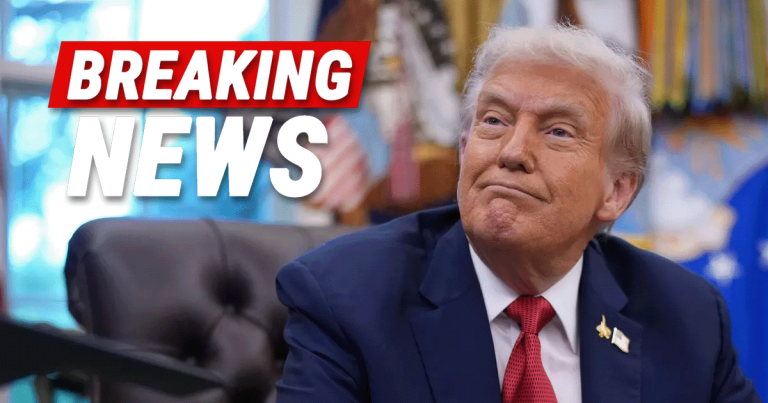
For years, Silicon Valley’s self-appointed hall monitors wielded unprecedented power to shape public discourse and silence dissenting voices. Their platforms became digital town squares where only approved narratives could flourish, while conservative viewpoints faced shadow bans, suspensions, and outright digital exile. But a remarkable shift is underway. These once-untouchable companies are learning that even they must answer to the principles of free speech and fair treatment that define America.
The latest chapter in this ongoing saga of accountability reveals just how costly their censorship has become. What started as routine content moderation (remember when they called it that?) has transformed into a series of expensive legal reckonings. The bill is coming due, and Silicon Valley is reaching for its checkbook.
From ‘The Post Millennial’:
YouTube has agreed to reach a settlement that will see the tech company pay $24.5 million over the suspension of President Donald Trump’s YouTube account. Trump brought a lawsuit against the company and its CEO in 2021 after Trump was suspended from the platform in the wake of January 6.
The filing stated that YouTube parent company Alphabet will pay $22 million to “settle and resolve with Plaintiff Donald J. Trump any and all disputes and claims arising out of or relating to the Action, which he has directed to be contributed, on his behalf, to the Trust for the National Mall, a 501(c)(3) tax-exempt entity dedicated to restoring, preserving, and elevating the National Mall, to support the construction of the White House State Ballroom,” per Variety.
A Pattern of Accountability Emerges
YouTube’s settlement doesn’t stand alone. Meta already coughed up $25 million. X (formerly Twitter) handed over $10 million. Do the math—that’s nearly $60 million extracted from Big Tech’s censorship campaigns. This pattern reveals something delicious: when faced with legitimate legal challenges, these platforms are choosing to pay rather than defend their deplatforming decisions in court.
The negotiations themselves? Pure theater. Google CEO Sundar Pichai and co-founder Sergey Brin made the pilgrimage to Mar-a-Lago, hat in hand. According to reports, they even continued discussions over golf and lunch. Picture it: the same tech executives who once wielded the ban hammer now teeing off with the very person they tried to erase from the internet.
Policy Changes Follow Financial Settlements
Perhaps more significant than the monetary settlements are the policy reversals now emerging. Representative Jim Jordan’s oversight efforts have contributed to YouTube’s announcement that creators previously banned for content related to Covid-19 and election integrity will be offered the opportunity to return. Those policies? No longer in effect. Translation: they’re admitting many of these suspensions were overzealous. (That’s a polite word for it.)
Trump’s attorney John P. Coale dropped a truth bomb about the political reality behind these settlements: “If he had not been re-elected, we would have been in court for 1,000 years.” There it is—the quiet part said out loud. Trump’s return to the White House has tech companies scrambling to settle rather than face a potentially hostile regulatory environment. Smart money says they’re right to be worried.
Consider the timeline. YouTube suspended Trump on January 12, 2021—just days before he left office. They reinstated him in March 2023. Were these decisions ever truly about policy violations? Or just political calculations dressed up as content moderation? Those questions are being answered with multimillion-dollar clarity. Funny how money makes things crystal clear.
These victories extend beyond individual vindication. They’re establishing precedents that platforms cannot arbitrarily silence political voices, especially elected officials communicating with constituents. The First Amendment arguments that formed the foundation of Trump’s lawsuits now come backed by tens of millions in settlement dollars. That’s not just winning—that’s setting the terms for everyone else.
As Americans witness this great reckoning, we’re reminded that no corporation—regardless of its market cap or user base—stands above the fundamental rights enshrined in our Constitution. The era of unchecked digital censorship is ending. Not through government regulation, but through persistent legal pressure and the beautiful machinery of accountability. These settlements represent more than financial victories. They’re proof that in America, even the mightiest tech platforms must eventually bend to the principles of justice and freedom. And honestly? It’s about time.
Key Takeaways
- YouTube pays Trump $24.5 million for wrongful account suspension
- Big Tech settlements now total $60 million across three platforms
- Trump directs funds to National Mall restoration, not personal gain
- Platform policy reversals validate conservative free speech concerns
Sources: The Post Millennial, Fox Business


